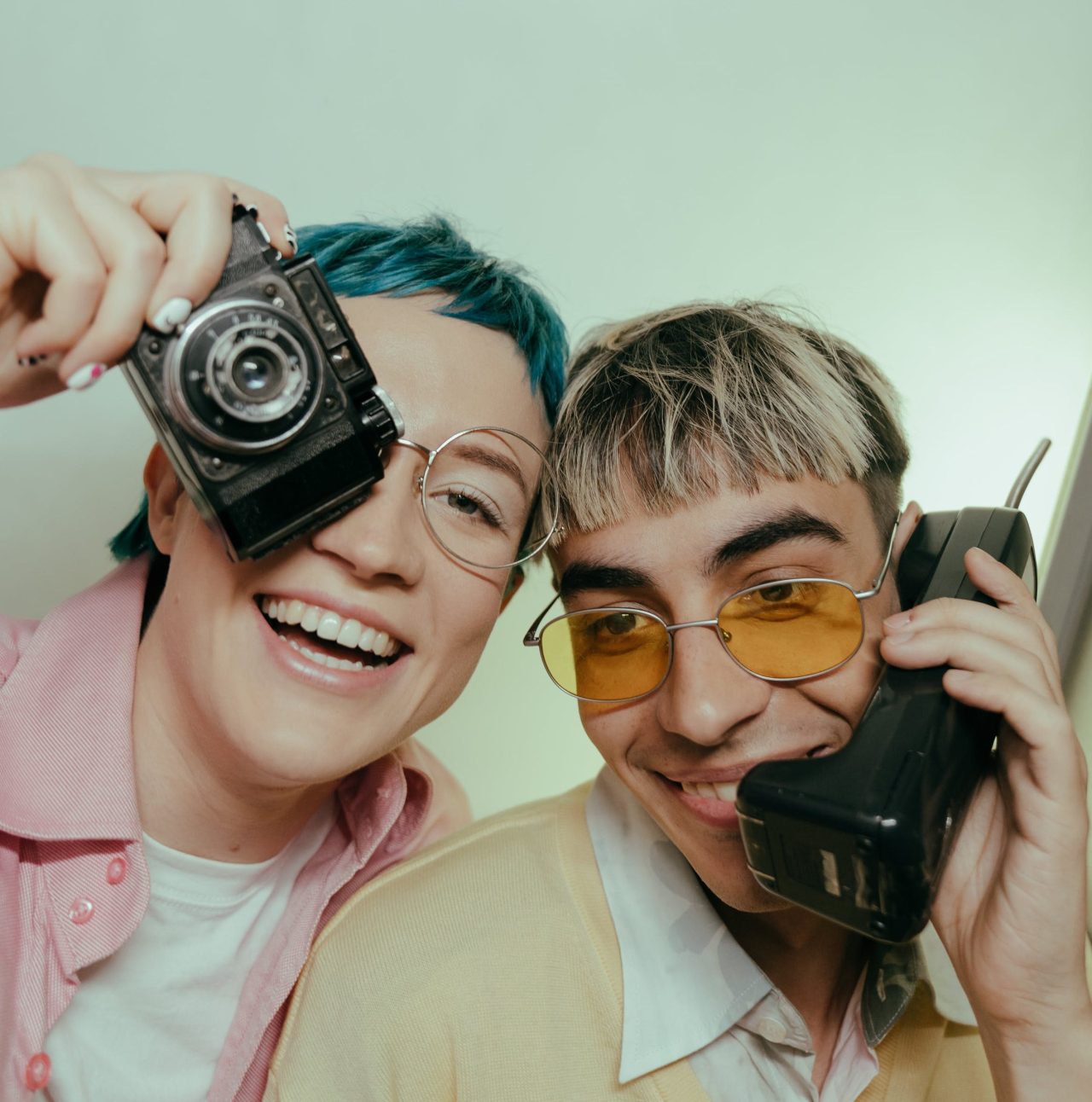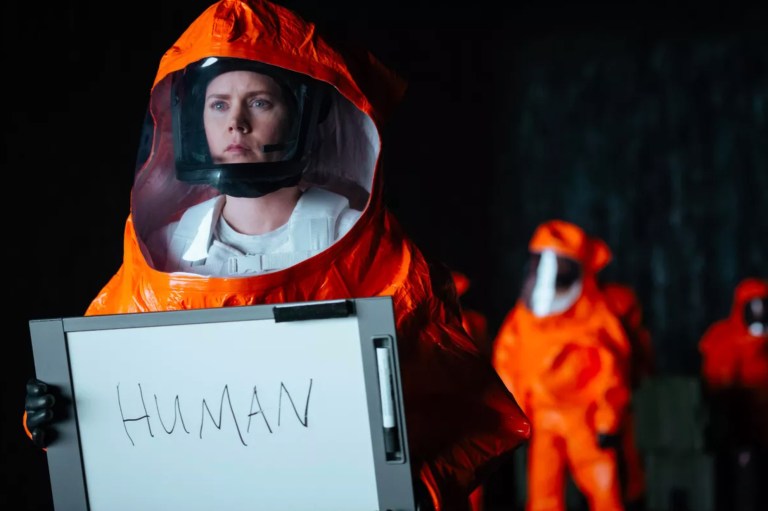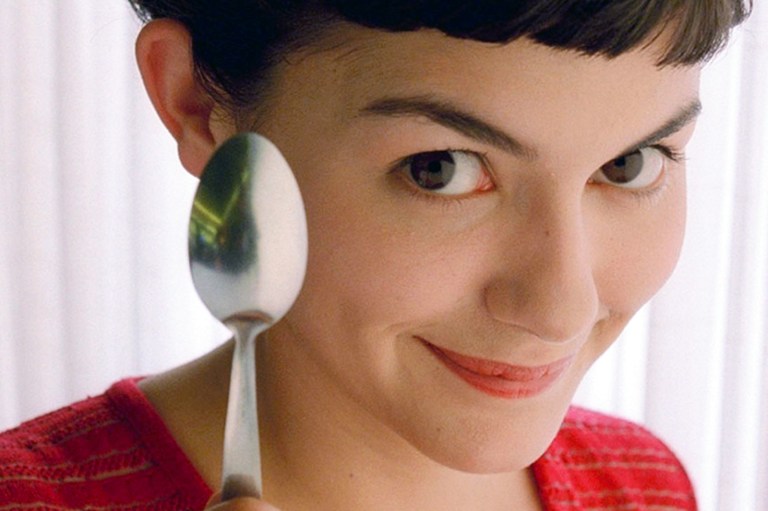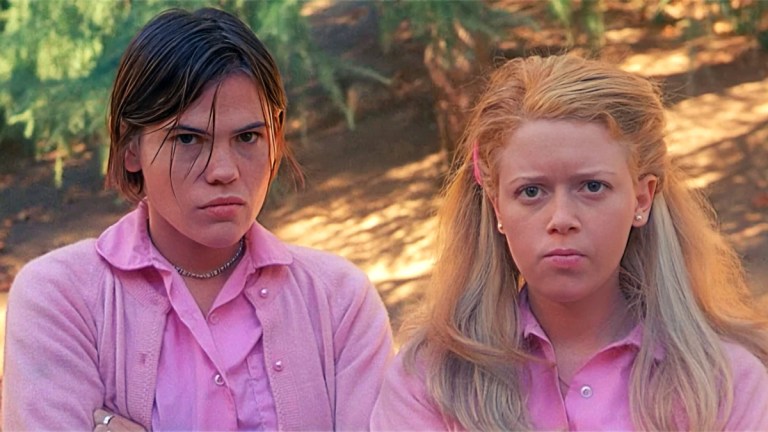
When To Disclose Your HIV Status? It’s Up To You.
By ![]() James Tison
James Tison
In our influencer-driven, follower-chasing society, there’s a lot of pressure to live your life out loud. “Put it all out there” is common advice these days. Silence is violence, so you have to be LOUD!
When I first sat down to write this article about my experience living with HIV, I thought that maybe I should encourage others with HIV to be as open about their status as I have been. I talk about HIV in my stand-up comedy, I mention it on all my social media and dating app profiles, and I’ve done numerous interviews and podcasts talking about life with the virus; I mean, it is OUT THERE. Overall my experience of sharing it with people has been so positive (no pun intended) so I thought, “I should encourage others to do the same! Yeah, that’s good advice!”
Fortunately, I reconsidered and realized… Actually, no, that’s very stupid advice.

Whether you recently tested positive for HIV or have been living with it for decades, one thing remains true: there’s no right way to talk about your HIV diagnosis, only wrong ways to talk about someone else’s.
One example of a wrong way would be me telling everyone else with HIV that they need to be as public as I have been. It is no one’s place to tell you how open you should be about your healthcare, lifestyle, or private activities. I don’t care if it’s HIV, abortion, cancer, plastic surgery, homosexuality, gender identity, or a rabid stamp-collecting addiction – it’s your own damn business.
Obviously we all need to tell the people we’re sleeping with about our sexual health, but beyond that you have to choose your own path and do what’s best for you.
Is it true that being public about my HIV status has brought me a lot of good? Yeah, but there’s a LOT of factors that influence why.
First of all, I’m an able-bodied, white, middle-class adult living in liberal US states that offer fully-funded healthcare programs to HIV-positive patients. I’m also a college-educated, natural born citizen who has no difficulty navigating the forms and bureaucracy attached to those healthcare programs. I had testing and treatment from day one of my diagnosis, and I was Undetectable within two months.
Are you living in a state that doesn’t offer programs like the ones in New York and California? Are you struggling to find testing and treatment? If you’re experiencing anything like that, then figuring out how to become a poster child is the last thing you need to be worried about right now.
Even if you are Undetectable and have access to reliable healthcare, it’s an unfair expectation that EVERYONE needs to be loud-and-proud about their status.
I move back and forth between Los Angeles and NYC – two super liberal, metropolitan bubbles – and I still can’t trust that everyone is going to be accepting, comfortable, and stigma-free. Whether I’m talking to a stand-up comedy audience or one-on-one, I have to explain that I can’t “spread disease” every single time I talk about my HIV.
So not only is it not my business to tell you to be public about it, it’s flat out untrue for me to be spreading the story that the world is completely informed and accepting. Disclosing your status requires you to do a lot of educating.
Then there’s my line of work. It behooves me in stand-up comedy to put everything on the line. Playing with the line between honesty and over-share is a skill and currency in the world of comedy. I literally make money doing it!
What is your line of work? Are you a librarian in a small town where books are being burned? Are you a teacher who’s not allowed to say the word “gay,” let alone the phrase “I have HIV.” Are you a food service worker in a right-to-work state who can get fired for no reason without a path to legal retaliation? There are a million situations in this country (and world) where public disclosure could still be dangerous to your survival.
If you have any level of privilege, power, or platform and you’re HIV positive, only then would I urge you to consider being open about it. There’s no denying how much it helps combat stigma. Things are better than they used to be, but being open about it can still attract stigma into your life and headspace.
Having said all that, there is undeniable power in disclosure in even the smallest of ways. The culture’s pervasive stigma makes it even more important to find friends, loved ones, internet forums, therapists, or 1-800-numbers that you can talk to about it. Even if the virus is a non-event in your life like it is in mine, it’s still nice to have people in your corner who can hear the word “HIV” without flinching. So ultimately my advice is: you don’t have to tell everybody, but do tell somebody.
And that advice goes double for the rabid stamp-collecting addicts.











